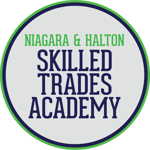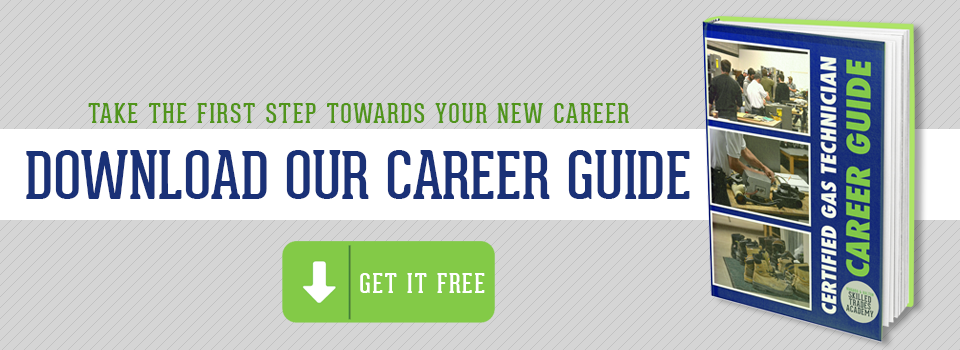Forming a successful resume can seem stressful. Your resume is one step to getting you an interview, and will likely not land you a job on its own. You need your resume to look professional, polished so that you come across well and a potential employer wants to meet you. Here are some tips on how to craft yourself a resume that will help you succeed.
Proofread before you send it
Before you send out your skilled trades resume run it through some sort of spelling and grammar checker to ensure that there are no mistakes. Most word processing software has one, but you can also use online tools like Grammarly to help make sure your resume is polished.
What you should include
On your skilled trades resume, you should include your background in the trades, any licenses you hold, and anything you are certified for. This is where you would list your Gas Tech 3 or Gas Technician 2 licenses. Also include any degrees or certificates you have earned.
It's also important to include any previous skilled trades jobs in Ontario you've held, and any work you've done in the past, including projects. Highlight your skills! This is what employers will be looking for. They are looking for someone with skills that match what they want.
How long should it be?
If you have lots of previous work experience, or lots of skills you want to highlight, remember that less is more. Any resume over two pages most employers won't read, and the best rule of thumb is to stay on one page if you can.
List your work in chronological order. The top of your list should be the most recent work or project you've done, and go backwards from there. If your resume is too long, omit work that was done several years ago, and focus on your most recent jobs or projects.
Network as much as possible
In the trades, like with any job, success can be sped up depending on who you know. If you attend a small private career college, like the Niagara Skilled Trades Academy, talk to your instructors! They're your connections to this industry. Ask for tips on building your resume, or ask someone you know in the field to look it over.
For more information on how to get your career started, download our career guide today.

